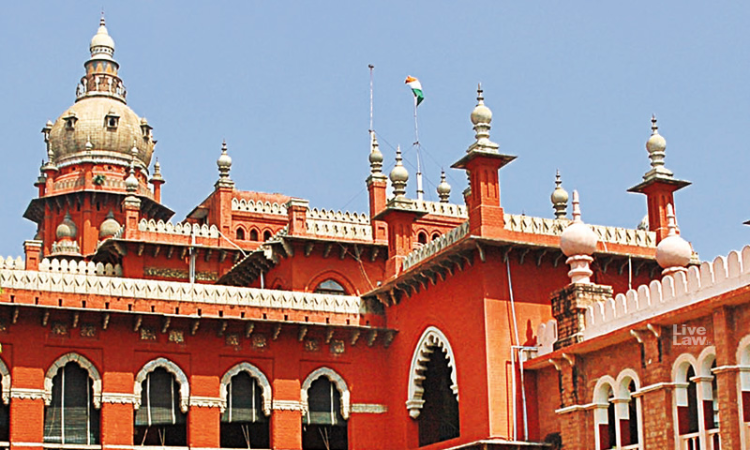The Madras High Court conducted a midnight hearing to decide upon the appeals preferred by M Shanmugham, AIADMK's general council member against the single judge order passed earlier in the day where the single judge refused to restrain the party from making any amendments to its bye-laws. The appeals were heard by Justice Sunder Mohan and Justice Duraiswamy at the former's residence. The...

